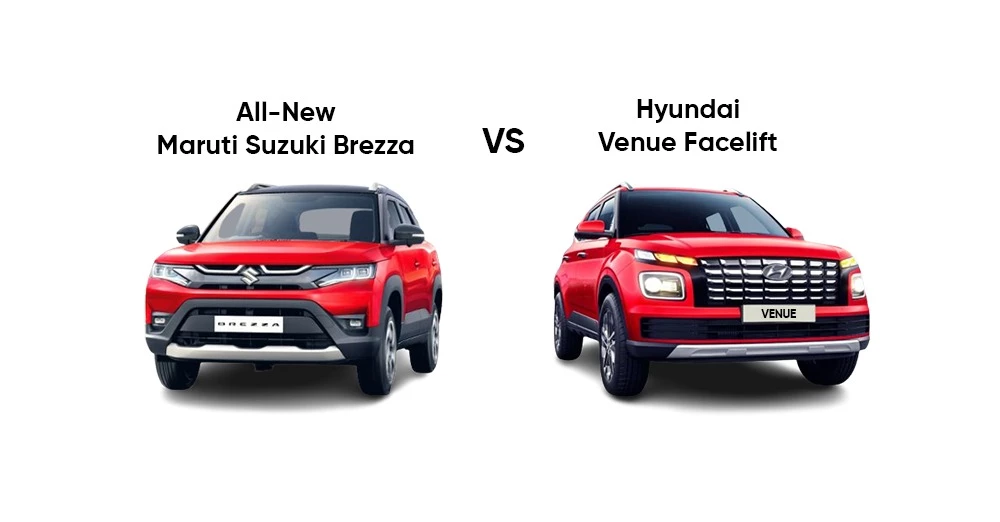In 2025, the car market is changing fast. With rising fuel prices, government support for clean energy, and growing concern about pollution, many people are now thinking: Should I buy an electric car or stick with a petrol one? This article will help you understand the difference and guide you in making the right choice.
What is an Electric Car?
An electric car (EV) runs on a battery and electric motor instead of petrol or diesel. You charge it like a mobile phone using electricity at home or at a public charging station. Popular EVs in 2025 include Tata Nexon EV, MG ZS EV, Hyundai Kona EV, and the Tesla Model 3.
What is a Petrol Car?
A petrol car uses an internal combustion engine that runs on petrol. It is the most common type of car on roads today. Cars like Maruti Swift, Hyundai i20, and Honda City are petrol vehicles that many people still prefer.
Pros of Electric Cars
- Low Running Cost
Electricity is cheaper than petrol. Running an EV costs around ₹1 to ₹2 per km, while petrol cars cost ₹6 to ₹8 per km. - Environment-Friendly
EVs do not produce harmful gases. They help reduce air pollution and carbon footprint. - Government Benefits
In 2025, the Indian government gives tax benefits and subsidies on electric cars under the FAME II scheme. - Low Maintenance
EVs have fewer moving parts, so there are fewer chances of parts breaking down. No need for oil changes, clutch repairs, or engine servicing. - Silent and Smooth Drive
Electric cars offer a quiet and smooth driving experience, especially in cities.
Cons of Electric Cars
- Higher Initial Cost
Electric cars are still more expensive than petrol cars. For example, an EV may cost ₹3 to ₹5 lakh more than a petrol version. - Charging Time
Charging a battery takes time. A full charge at home may take 6–8 hours, though fast chargers can do it in 1 hour. - Limited Charging Stations
While charging infrastructure is growing, petrol pumps are still more common and convenient. - Range Anxiety
Many EVs offer 250–400 km range on a full charge. If you travel long distances often, you may worry about running out of battery.
Pros of Petrol Cars
- Lower Purchase Price
Petrol cars are cheaper to buy. This is good for people with a tight budget. - Faster Refueling
Filling petrol takes just 5 minutes. It’s easy and available everywhere. - More Choices
In 2025, there are still more petrol models in the market than electric ones, especially in small car segments. - Proven Technology
Petrol engines have been around for over a century. They are reliable and well-known to mechanics.
Cons of Petrol Cars
- High Fuel Cost
Petrol prices keep increasing. This means more money spent on fuel every month. - More Pollution
Petrol cars release harmful gases like CO₂ and NOx, which are bad for the environment and health. - More Maintenance
Petrol engines need regular servicing. Oil changes, filters, spark plugs, and other parts wear out over time.
Overview Table
| Feature | Electric Car (EV) | Petrol Car |
| Running Cost | ₹1–2 per km | ₹6–8 per km |
| Pollution | Zero emissions | High emissions |
| Initial Price | High | Low |
| Refueling/Charging | 6–8 hrs (fast: 1 hr) | 5 minutes |
| Maintenance | Low | High |
| Range | 250–400 km per charge | 500–800 km per tank |
| Govt. Benefits | Yes | No |
| Charging Stations | Growing slowly | Available everywhere |
Which One is Right for You?
The answer depends on your needs:
- City Driving, Short Trips, Low Budget for Fuel:
Go for an Electric Car. It is cheap to run, better for the environment, and good for daily use. - Long Distance Travel, Low Initial Budget, or Rural Areas:
A Petrol Car might still be more practical due to better range and refueling options. - If You Want to Save in the Long Run:
EVs can save you more money over time due to low running and maintenance costs.
Final Words
In 2025, electric cars are the future—cleaner, smarter, and cheaper to run. But petrol cars are still good for some users, especially where charging is a problem. Think about your lifestyle, daily travel, and budget before choosing. Whether it’s electric or petrol, choose what fits you best.

